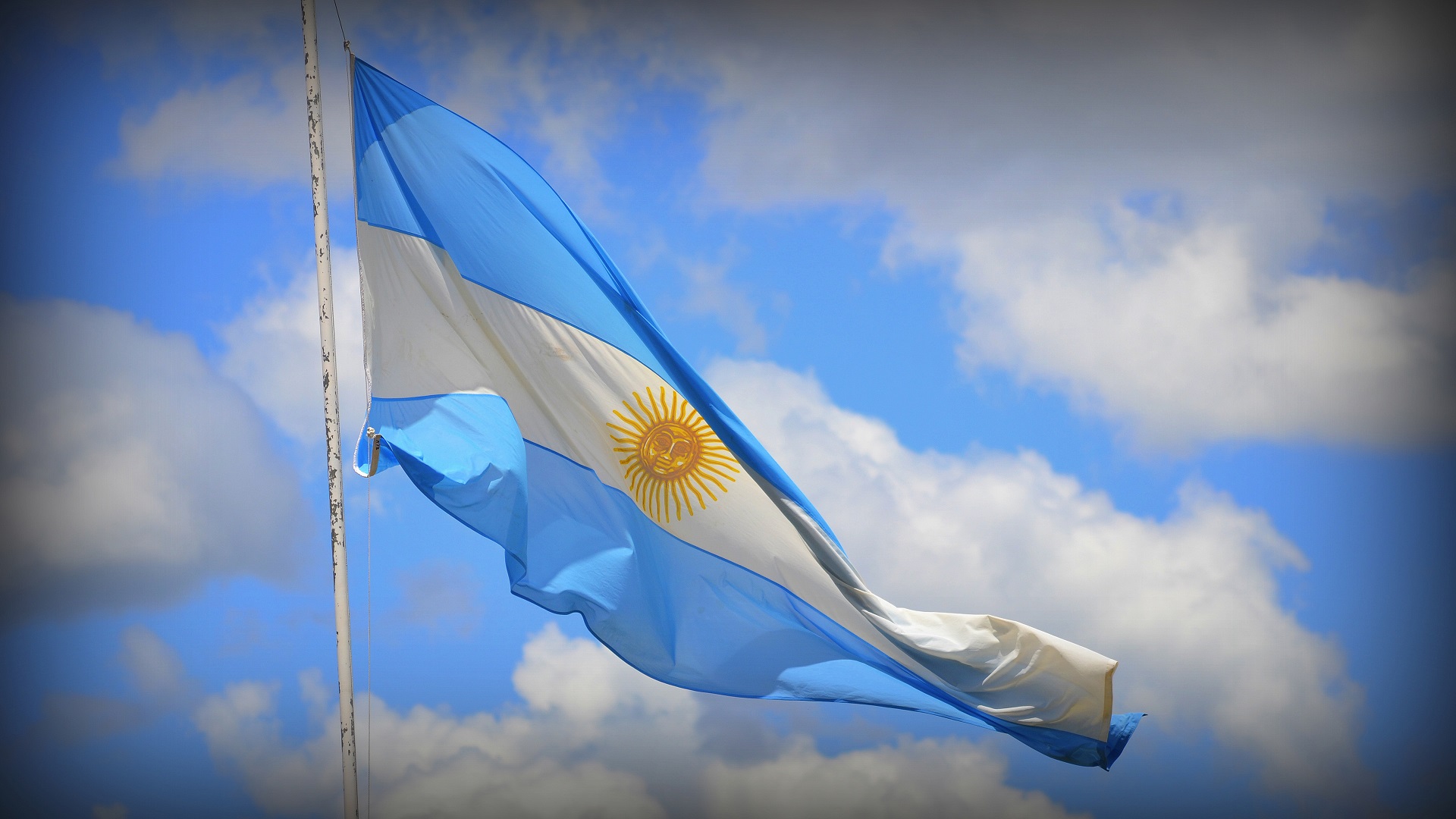The news on 2 September that the Argentine government paid back close to US$7 billion dollars in debt to foreign creditors came as a surprise. This is the nation that less than seven years ago defaulted on some $90-95 billion dollars worth of debt and whose governments since have so vehemently denied their legitimacy. Nestor Kirchner rode the popularity of rejecting foreign investment for four fairly prosperous years, paving the way for his wife’s presidency. In the short term, this strategy succeeded in pulling Argentina out of arguably its worst financial crisis ever.
Argentina is now being forced to pay for their recent successes. With rampant inflation, an undervalued currency, dismal popularity ratings, and civil unrest at home, the question arises as to how and more importantly why did Cristina decide to finally pay back foreign creditors? To pay back this loan, the president took out 1/6th of Argentina’s foreign currency reserves. In addition to dipping into the nation’s coffers, another huge financier is Venezuela, who to date has purchased over US$7.5 billion in Argentine junk bonds.
The issue of why is a little more confusing. To pay back these old loans, Cristina has essentially had to take out new ones. The most recent “bond” purchased by Venezuela is valued at US$1.4 billion with an interest rate of 14.87%. One possibility is that by paying back loans, Argentina may be trying to gain favor in the eyes foreign investors. This strategy has two key flaws.
First, Argentina’s cool receptivity to direct foreign investment during the Kirchner years and the nation’s faulting on $80 billion dollars worth of debt are still fresh in investors’ minds, who may look elsewhere in the region in spite of Argentina’s vast commodity resources. In addition, the instability of Argentina’s exporting capacities highlighted by the ongoing conflict between the government and the campo means that prudent fiscal policy is extra important. But a massive hit to foreign currency reserves may scare investors even further because of their importance to the Argentine economy.
Payment to the Paris Club marks a step in the right direction towards wooing international investment. Unfortunately, it may be too little too late. Paying back foreign investors may not be the most popular move in a nation still adamant about structured loans from the IMF—loans that many in Argentina blame for the country’s economic collapse in 2001. Losing popularity is something that Cristina can ill afford. However, sacrificing her own popularity for sounder policies would be a welcome change.

Reply